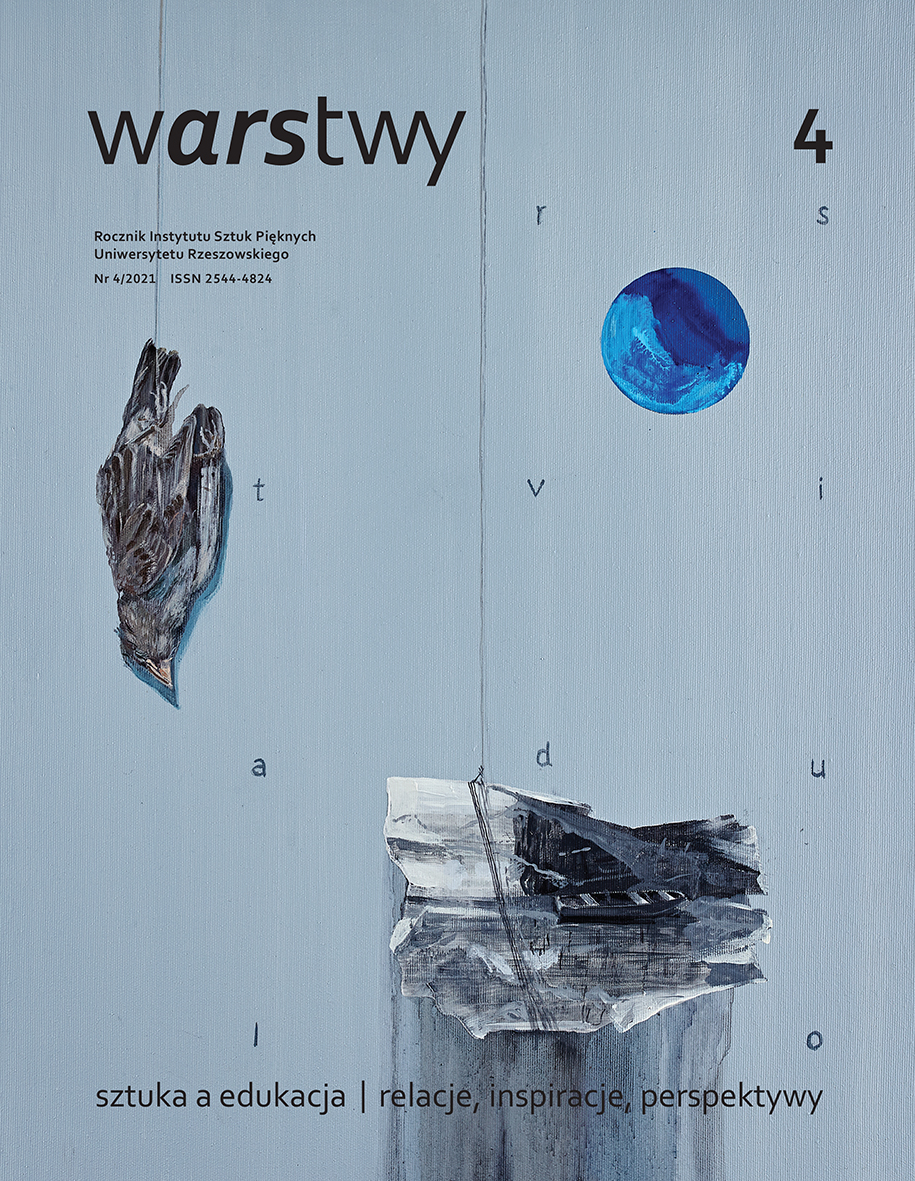Educational significance of cultural heritage – folk art in the process of building regional identity
Keywords:
cultural heritage, regional education, folk art, tourismAbstract
To preserve the culture of any community it is imperative to transfer its cultural heritage. Inheritance is based on the tradition which Kazimierz Dobrowolski describes as any legacy which the outgoing generations pass down to the new ones. Creative human activity is subject to those processes; activity which appears as an aesthetic, spiritual and social need, which contributes to what we call the regional and the ethnic. The subject of the discussion is cultural heritage and its educational value; what remains in the range of interest of this article then, is that part of folk culture, particularly regional folk art, which is one of the elements of identity. Regionalisms, which come to the fore nowadays, noticeable in the new wave of interest in Polish folk culture, art, handicraft, music and traditions, are an answer to global tendencies. Return to folk occurs on the level of everyday life and also finds expression in educational projects. Inspirations with elements of traditional culture can be found in educational programs addressed both to the youngest audience and adults. In this context I want to look at regional activities focusing on folk art (cross stitching, lace making, painting on glass, folk sculpture, decorative art etc.) and its functioning in the educational process (the actions of the National Heritage Board of Poland, the programs of the Polish Ministry of Culture and National Heritage), not only with respect to schools, but also as a factor enriching the tourist offer of the region.
Downloads
Downloads
Published
How to Cite
Issue
Section
License

This work is licensed under a Creative Commons Attribution-NonCommercial-NoDerivatives 4.0 International License.


